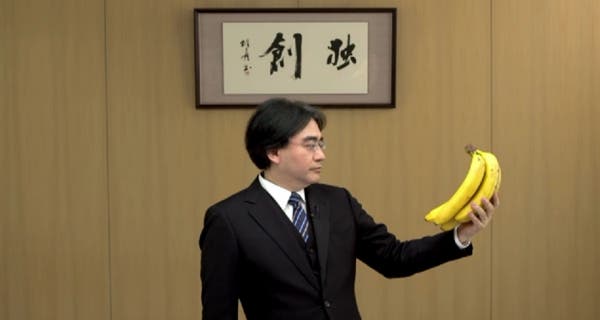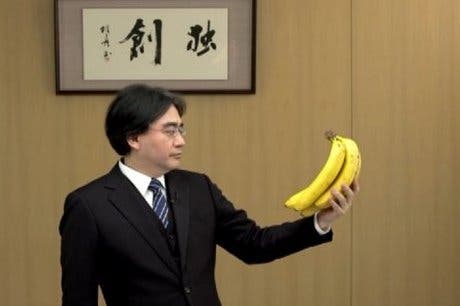These are the sorts of questions Nintendo gets asked by shareholders
"Why don't you ask external companies to use characters on the T-shirts or sneakers?"
Every year Nintendo holds its annual general meeting of shareholders, and every year the company has to field some offbeat questions.

Nintendo's shareholders actually get to quiz the company's most senior executives several times a year after each quarter's financial results are announced.
Around a dozen questions are taken, most usually regarding Nintendo's current financial performance, or upcoming hardware and software.
The most recent shareholder Q&A features several probing questions about the upcoming NX system, for example, all of which Nintendo dodged.
But it also includes questions about what Nintendo is doing with Seattle Mariners, the US baseball team it still owns since the reign of previous company president Hiroshi Yamauchi.
"I would like to know what advantages the company has had and what merits there will be for the company in the future by maintaining this position," one shareholder asked.
"Also, I heard in January this year that Randy Johnson would be inducted into the National Baseball Hall of Fame. I speculate that it might be possible for the Seattle Mariners to consider retiring his uniform number of 51, but to Japanese people, the uniform number 51 of the Seattle Mariners belongs to Ichiro Suzuki."
Nintendo company president Satoru Iwata stepped up to the plate with this response:
"You are correct that Nintendo of America, which is responsible for marketing our products in the Americas, is currently the principal owner of the Seattle Mariners. That ownership used to belong to the late Mr. Hiroshi Yamauchi, who was the president of the company before me."
Iwata noted that the Mariners were actually doing fairly well at the moment - if you're a baseball fan, you might be interested to know that Nintendo has no plans to sell the team.
"However, it is not appropriate for the CEO of Nintendo of America to share my comments on your speculation at this sort of public occasion," Iwata concluded. "Thank you for your understanding."
Another shareholder said that their children would like to be able to place their own faces onto game characters.
"I know that many of them want to be a certain hero or heroine," the shareholder asked. "Is it possible to place their faces onto in-game heroes or heroines so that they can play as these characters?"
Yes, Iwata replied, explaining the concept of the decade-old Mii avatars, and how they can be used so players can take part in games such as Super Smash Bros., Nintendo Land and Mario Kart.
"In that sense, I think your request to put consumers' faces in the game has been fulfilled to a certain extent," Iwata sagely noted.
The same shareholder also had questions about why Nintendo characters were not featured on more items of clothing.
"Personally, I seldom play video games but I have a certain desire to purchase, wear and own Nintendo-related products at every occasion possible," the shareholder explained. "Why don't you ask external companies to use Nintendo characters on the T-shirts or sneakers they make?"
"We have already announced that we would more actively utilise our IP," Iwata replied, "but not in the way that we increase the number of licensing partners as much as possible; instead we will proactively try anything that will enhance the value of our IP.
"We believe that it is not worth attempting initiatives that produce short-term profits at the expense of long-term detrimental effects on our IP. You might be unsatisfied with our pace of IP utilisation, but we ask for your understanding."
Meeting adjourned.

